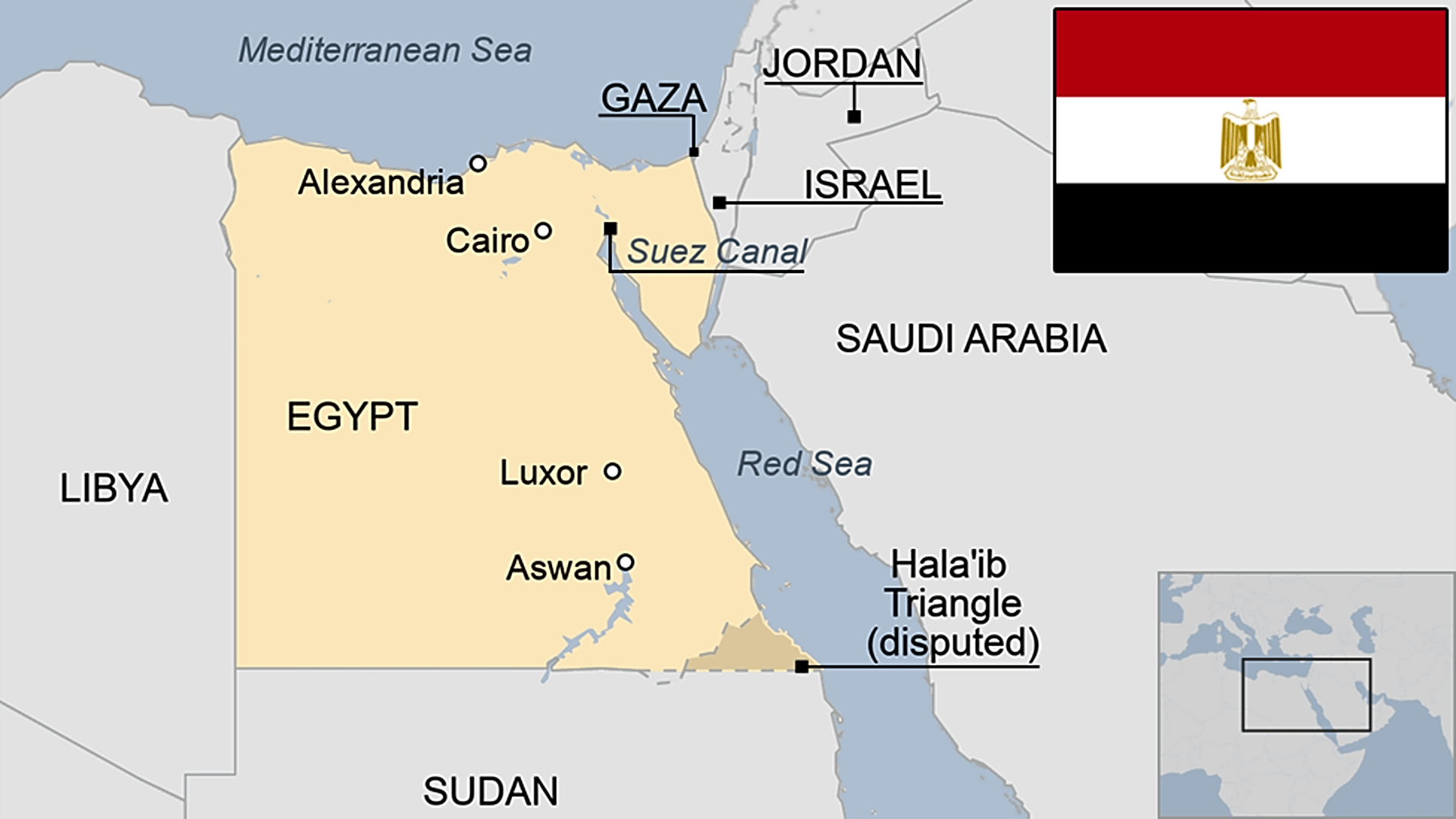Summarized by AI Model:facebook/bart-large-cnn
Taye Atske Selassie was appointed as president of Ethiopia last month. He succeeds Sahle-Work Zewde, Ethiopia's first female president. Taye is a seasoned diplomat and former foreign minister. He has pledged to promote peace in the Horn of Africa.In the unstable Horn of Africa, Ethiopia has gained notice. In the historic landlocked nation, every political decision is carefully watched for its possible effects on regional stability as the call for war becomes louder. This is still the case with Taye Atske Selassie’s appointment as president last month. Taye, a seasoned diplomat and former foreign minister, succeeds Sahle-Work Zewde, Ethiopia’s first female president.
After a rift between Sahle-Work and Prime Minister Abiy Ahmed, the transition is noteworthy. Many believe that Abiy has changed from being a world hero who was awarded the Nobel Peace Prize in 2019 to a despised figure who was widely denounced for his leadership of a two-year conflict against rebels in the Tigray province and criticised for stifling dissent.
Abdalla Ahmed Ibrahim, head of the East Africa Centre for Research and Strategic Studies in Nairobi, said Taye, a close supporter of Abiy, runs the danger of damaging his reputation by accepting the primarily ceremonial position of president. However, he also possesses the qualifications required to contend that the Abiy’s administration is now seeking to assist its adversaries both domestically and internationally, “promoting national unity and international relations,” Ibrahim continues.
Ethnic tensions are a problem inside Ethiopia. Although the Tigray conflict may be concluded, there are still pockets of revolt popping up in numerous places. Externally, Egypt and Somalia have been irritated by investments in a contentious hydroelectric dam and a pact with the separatist territory of Somaliland that aims to get direct access to the sea. Egypt is arming Somalia, Ethiopia’s frequently antagonistic neighbour, which has the Horn on edge.
Ibrahim states, “President Taye will prioritise peace, stability, and economic expansion for Ethiopia.” The newly appointed head of state has pledged to promote peace in the region as well as in the war-torn nation. He has the requisite exposure and experience thanks to his more than 40 years as a diplomat at the UN, Egypt, and other nations. Other crucial areas Taye plans to concentrate on are equality, poverty reduction, and economic growth. Over the last ten and a half years, growth has averaged 10% per year; nonetheless, poverty and inequality are still widespread in the second most populous country in Africa.


